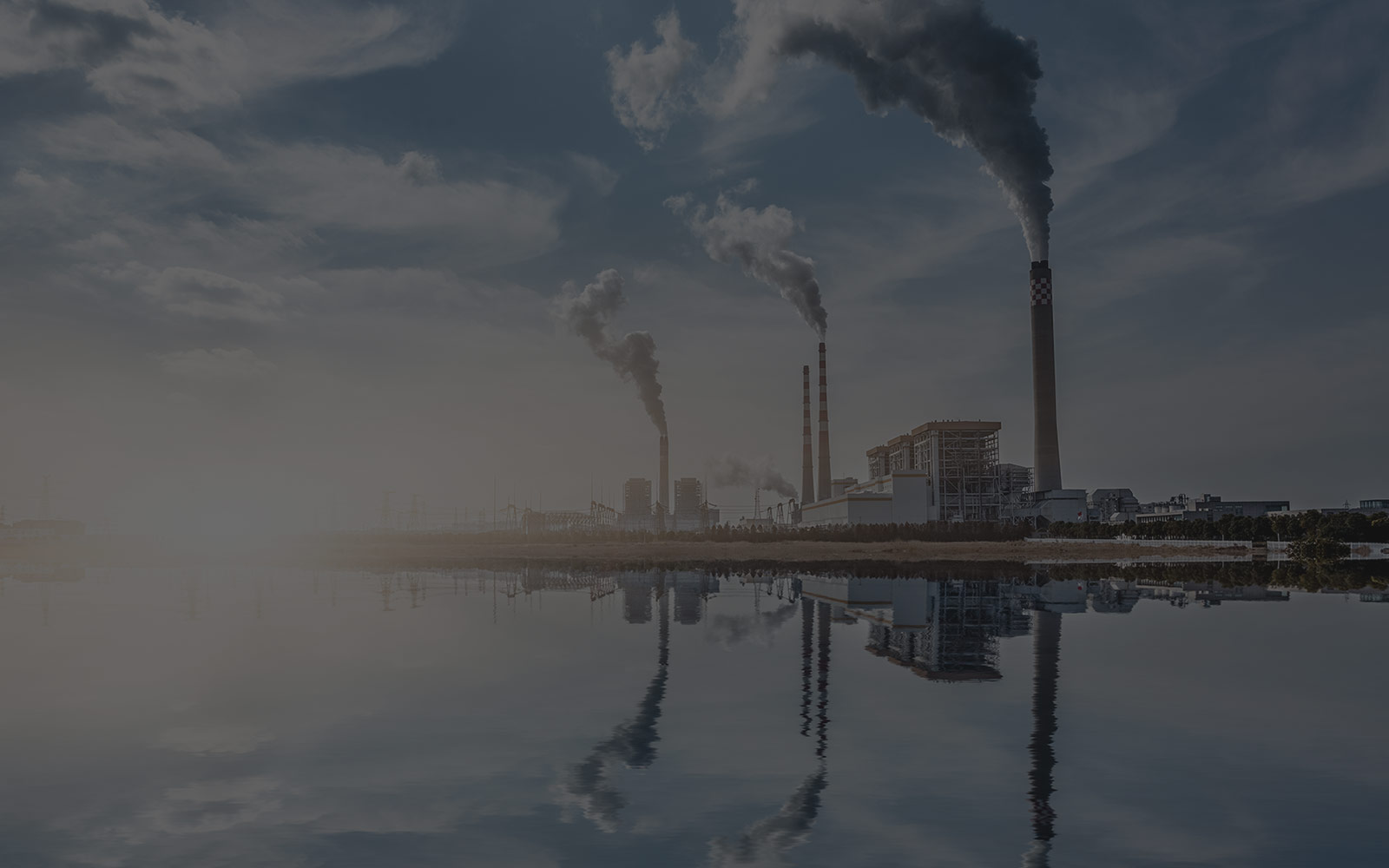Project Info
Project Description
Imports of products that contribute to deforestation will be banned in the European Union. The European Parliament and member states have reached a preliminary agreement on this.
In addition to wood, it concerns products such as cocoa, coffee, soy, palm oil, beef and rubber. Derived products such as leather, chocolate, furniture, paper and charcoal will also be banned if they contribute to deforestation, the European Commission said in a statement.
Products will be classified as banned if they come from land deforested after December 2020. Traders will have to start proving that the products are deforestation-free and legal. Importers must be able to provide “precise geographic information on agricultural land” to show where the raw materials come from.
If the rules are not followed, member states must impose sanctions. The commission says the list of commodities covered by the directive is regularly reviewed and updated. This takes into account new data, such as changing deforestation patterns.
‘EU doesn’t go far enough’
Environmental organization Greenpeace said in a response that while the law protects forests, indigenous peoples will only be protected “superficially” and the legislation does not protect other nature such as savannas and peatlands.
“In the coming years, the EU must broaden its focus to protect nature as a whole, not just forests,” Greenpeace said. “The companies that destroy nature should not only be denied access to the EU market. They should also be denied loans from European banks.”
‘Human rights insufficiently protected’
GreenLeft MEP Bas Eickhout said words to the same effect. “Europe is really taking a big step here,” he believes. “Unfortunately, we have not been able to broaden the legislation now to other important natural areas. That will be looked at next year.”
He also points out that the Greens in the European Parliament also want to target the companies causing deforestation. “In the European Parliament, we narrowly won this battle, but the EU countries did not want this. In the compromise found, this addition is pushed forward two years.”
The World Wildlife Fund would also have liked other forested areas such as savannas to be covered by the law. The conservation organization also believes the new law does not adequately protect human rights of local communities.
“This means that if certain rights of communities are not included in national legislation, they will also not be protected by EU law,” WWF said.
Approval early next year
The bill dates back to last November and came shortly after the UN COP26 climate summit, in which world leaders pledged to end global deforestation by 2030. The entire European Parliament and EU member states must still formally approve the bill before it goes into effect. That is likely to happen early next year.






